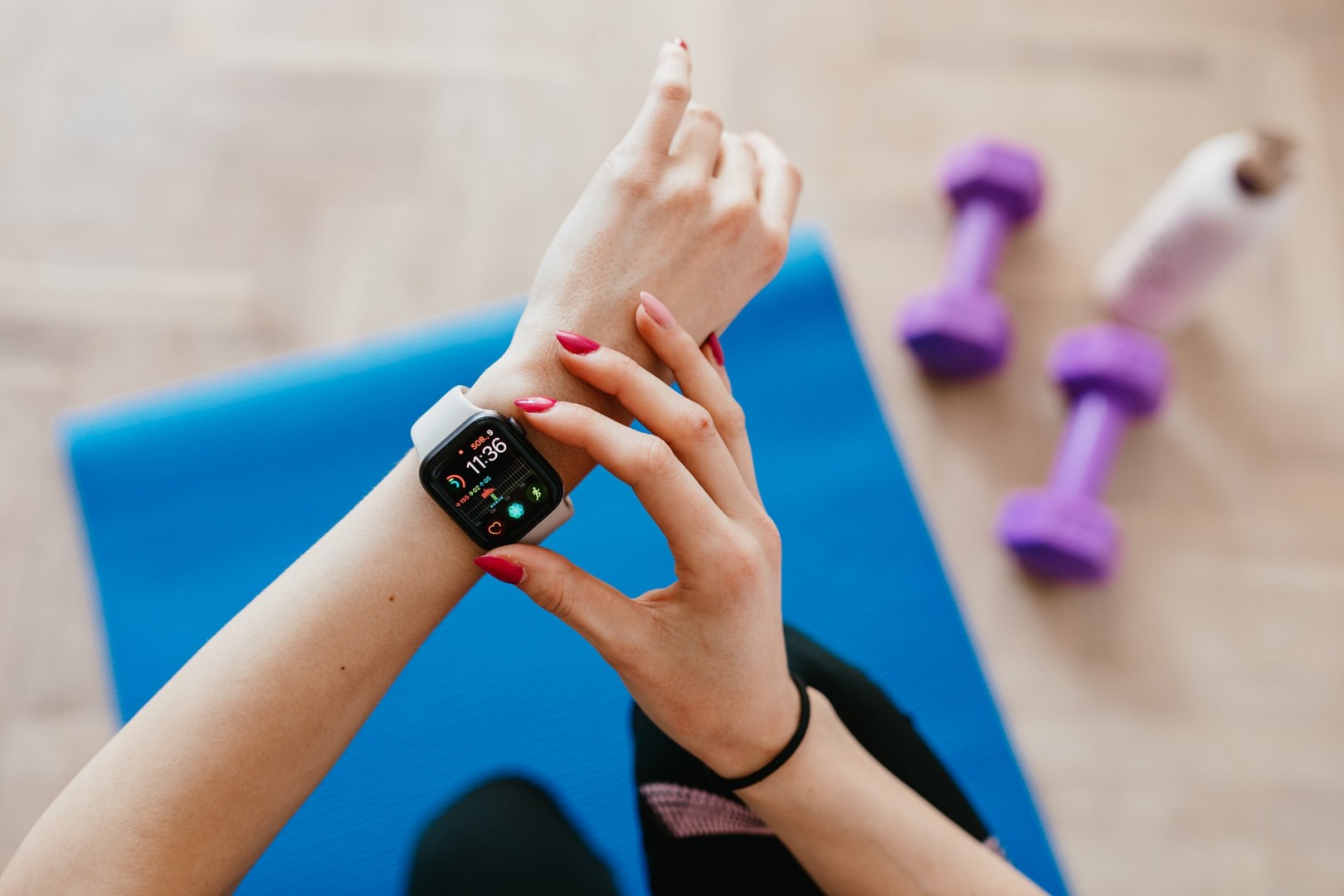
Fitness trackers are all the rage these days. For a small investment, the wearable watches, bands and bracelets allow you to track your steps, workouts, calories, and even sleep patterns.
But with so many fitness trackers on the market, how do you choose the best one for your health and fitness needs?
Know what you need
Most people buy a fitness tracker to either help them set new goals – or stay motivated to continue their current fitness regime. And the biggest consideration when buying a fitness band is what activity you do or want to do.
If you want to improve your running, you can buy a tracker targeted at runners. Similarly, swimmers will need to shop for a band that's been designed to log swims and be used underwater. More obscure activities – such as pole dancing or kettlebells – may not be supported by a particular fitness tracker. So really think about what workouts you'll be doing before choosing a tool.
If you're new to exercise, a general fitness tracker will likely do the job. But if you've been training for a while and now want an accountability and measuring tool, you might need a tracker complete with a heart rate monitor or GPS tracker.
Many trackers sync with a smartphone or tablet to log your data and even alert you to incoming text messages and phone calls. Others keep track of your sleep, and feature a "silent alarm" to peacefully wake you from slumber.
Read reviews
There are many leading tech review websites that conduct tests and provide wrap-ups of the best fitness tools and trackers available. Once you narrow down your choices to around 3 fitness trackers, search online to see what the experts say about each model. You'll find there are pros and cons to every fitness tracker, with no one tracker ticking all the boxes, allowing you to make an informed decision before you buy.
Test the trackers
Visit a store and try on your top 2 or 3 trackers. Get a sense of how they feel on your skin (one Fitbit model, for instance, caused allergic reactions and rashes in some people). The tracker you choose should feel comfortable to wear – and provide as many features as you pinpointed in your early research
And lastly, go with a reputable brand. If there are bugs or issues, you'll then have peace of mind that it's easy to return or refund the piece.
Originally published on Aug 17, 2015








